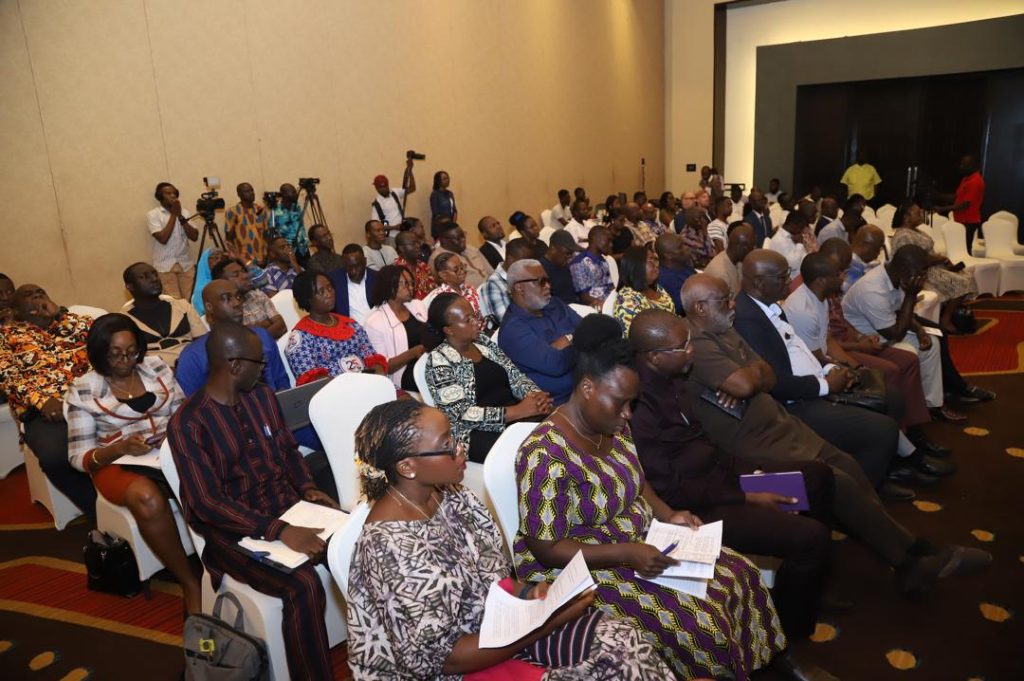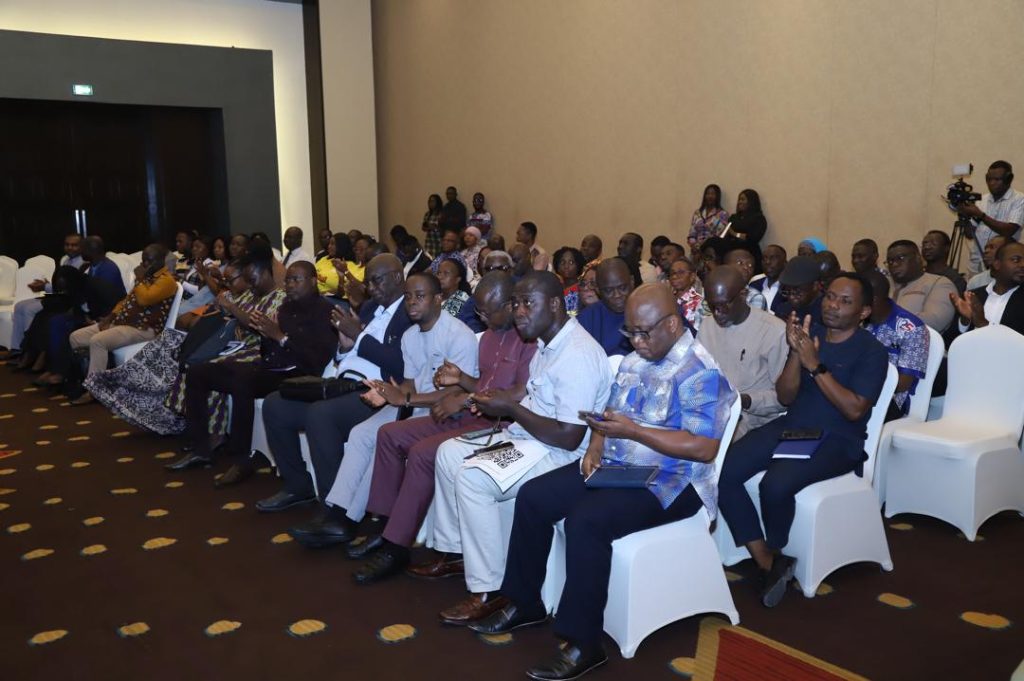By Francis Ntow
Accra, June 03, GNA – Ghana is open to Cedi-denominated investment to provide more safe and affordable water to all, Dr Clifford Braimah, Managing Director, Ghana Water Company Limited, has said.
The preference for a Cedi-denominated investment, Dr Braimah said, was to ensure that consumers did not pay higher tariffs and help contain exchange rate pressures linked with foreign currency investment.
He said this in an interview with the Ghana News Agency on the margins of a regulatory sector forum organised by the Public Utility Regulatory Commission (PURC) in Accra.
The forum was on the theme: “Confronting the status quo of Ghana’s drinking water supply: Best practices in resilience, sustainability, and investment”.
Dr Braimah, who was responding to calls by stakeholders for Public-Private Partnership (PPP) investment, said, “If you want to look for investment, it should be Cedis investment, not Dollars.”
He explained that foreign currency-denominated investment would escalate the cost of operation due to the exchange rate challenges and make water and its related services more expensive to consumers.
“It should be a social PPP, and not an economic PPP. The investors should look at the benefit of water and quantify it as income, so that at the end, people who bring the money will look for an outcome that’s health related,” Dr Briamah, said.
He noted that it was through the provision of safe water that citizens did not suffer from diseases like cholera, diarrhoea, and dysentery, which reduced the financial burden of the government and individuals regarding treatment.
“If you get clean water to your citizens, we’re sure that more than 80 per cent of our sicknesses will go down,” he said, and recommended to the government to combine health and water budgets.

The MD expressed concerns about the impact of illegal mining in water bodies, indicating that major sources of water, including the River Pra, and others in the Eastern and Ashanti regions had all been polluted.
That, he said, had increased the cost of chemicals for treatment to more than three to five times, saying, “it’s expensive to provide safe water, but the average tariff that we have from our businesses and consumers is GHS12 per cubic meter.
“In the next few years, if care is not taken, we would have to pay more for the same volume of water or even less because operational cost will go very high, which we’ll push to the consumers,” Dr Braimah, said.
Speaking at the forum, Mr Ebo Quagrainie, Chairman, PURC, stated that despite significant progress made in the water sector, some obstacles were impeding the country’s quest for universal access to safe drinking water.
He called for investment in infrastructure, and technology, while tapping into global best practices to develop and implement homegrown reforms to increased access and reliability of water.

GNA